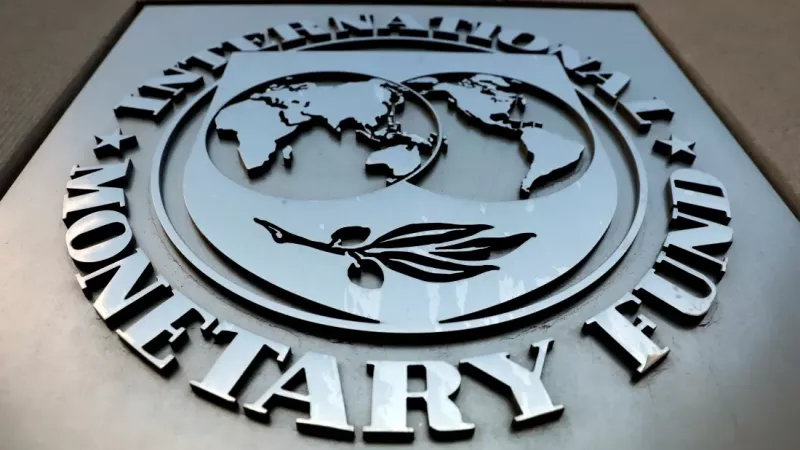The International Monetary Fund has approved a $1.3bn (£1.1bn) loan to Zambia, as the country scrambles to rebuild its crisis-hit economy after defaulting on its foreign debts in 2020.
The Covid pandemic compounded Zambia’s economic woes, blamed on years of mismanagement and corruption, which left the country with unsustainable levels of debt.
The bailout, announced on Thursday, follows months of negotiations between Lusaka and Zambia’s main creditors, which include France, the UK and China. Nearly half of the country’s debt payments are to western private lenders.
“Zambia is dealing with the legacy of years of economic mismanagement, with an especially inefficient public investment drive,” the IMF said in a statement. “Growth has been too low to reduce rates of poverty, inequality, and malnutrition that are among the highest in the world. Zambia is in debt distress and needs a deep and comprehensive debt treatment to place public debt on a sustainable path.”
The country is due to receive an immediate payment of $185m, the IMF said.
However, Tim Jones, head of policy at Debt Justice, said the IMF loan won’t be a success unless there is large-scale debt cancellation that allows public spending to increase. “If the IMF loan is used to pay off previous lenders, and further austerity is pushed on the people of Zambia, the crisis will continue for many years to come,” he said.
“The people of Zambia have suffered from huge cuts to public services in recent years, with spending falling by 21% between 2019 and 2021. The root cause of this is the cost of high interest private loans, primarily from private lenders such as BlackRock, which stands to make massive profits if paid in full.”
Zambia’s president, Hakainde Hichilema, who took office a year ago, spearheaded negotiations. Under his presidency, inflation has fallen to single digits and the country’s currency has regained some of its value.
Extinction Rebellion activists stage a football match in Parliament Square, London, last month. Players for indebted countries were weighed down by debt chained to their legs.
MPs recently approved a bill that sets strict limits on public borrowing and requires parliamentary approval on all public sector loans to avoid future debt problems.
Muchimba Siamachoka, programme manager for social and economic development at the Lusaka-based Jesuit Centre for Theological Reflection (JCTR), commended government efforts to manage debt.




